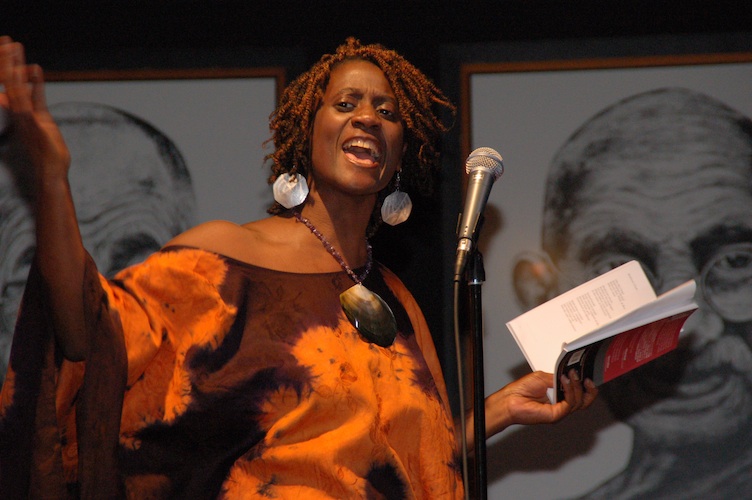
I used to travel about quite a bit before I became an elder, before my wife’s stokes, before I became a caretaker 24/7/365. Understandably, for this New Orleanian, the nearby and culturally close Caribbean was my stomping grounds.
While I marveled at my Haitian experiences and will forever treasure my two trips to Cuba (during the second of which due to being in the right place at the right time, I bathed in the experience of conversating and briefly hanging out with Assata Shakur), and though the twin nation of Trinidad&Tobago was often a stopping point where Jimi Lee and I were thoroughly at home even though neither of us viewed there as where we would choose to be if we had a choice of islands—Port of Spain, Trinidad with its oil wealth and the upside down, mountain-side Hilton hotel offered a wide swath of experiences and, by contrast, the ambiance and slower pace of Tobago was much more to my liking, especially how people took the time to talk to you.
The differences between the sibling Caribbean isles was glaringly notable. However, the visual and cultural differences among the Antilles nations notwithstanding, Barbados was always my favorite, not for its beauty—certainly most of the other islands were much more physically alluring, particularly Jamaica with its mountains and beaches, or St. Lucia with its mix of English and French heritage as filtered through its predominate population of African-heritage peoples—nevertheless, there was something about small island (14 miles by 21 miles) Bajan ways that captivated my spirit.
Given how much I dug the Caribbean, my forays on the other side of the Atlantic into the island of England would catch me by surprise. Surprised by how good a fit it was for my spirit. After all it always rains in England and the sun is forever playing peek-a-boo, out one minute, hiding the next. This was a country dominated by English speaking ex-colonizers, or so I thought until I was given the chance to travel about and meet my brothers and sisters on that side of the pond.
Much to both my surprise and my delight, I discovered the Black folk there were a lot like we American Blacks. They were sojourners in a land dominated by the other man and, like us, they were a long way from home. And most of all, just like us, they bonded to build community in a psychically cold country that also had shiver inducing winters.
I don’t remember how I first met Kadija Sesay, but some kind of way we maintained contact with each other over the years. On one particular occasion I had an invite to be in London for a little over a week, she welcomed me into her flat even though she was about to disembark for Spain (if I remember correctly, I believe that was where she was headed). A couple of days after I arrived she took off and didn’t return until a couple of days before I left. I literally had her spot to myself for most of that particular journey.
We related to each other like brother and sister. Both of us were cultural activists, and were deeply into publishing. She and I were comfortable both talking and being silent in each other’s company. Although we had radically different life experiences we shared sensibilities and outlooks. Her patiently unfolding information concerning lifestyles I knew nothing about invariably struck an internal sympatico chord, just as my fumbling to identify concordancies and discordancies between our two cultures always made her chuckle.
Many years later, when I saw the BBC report on Kadija, I smiled to myself and vowed, I must write something, even if only a few sentences, to pay tribute to the sister I was not born with but whom I met and bonded with along my life path journeying through the African diaspora.
